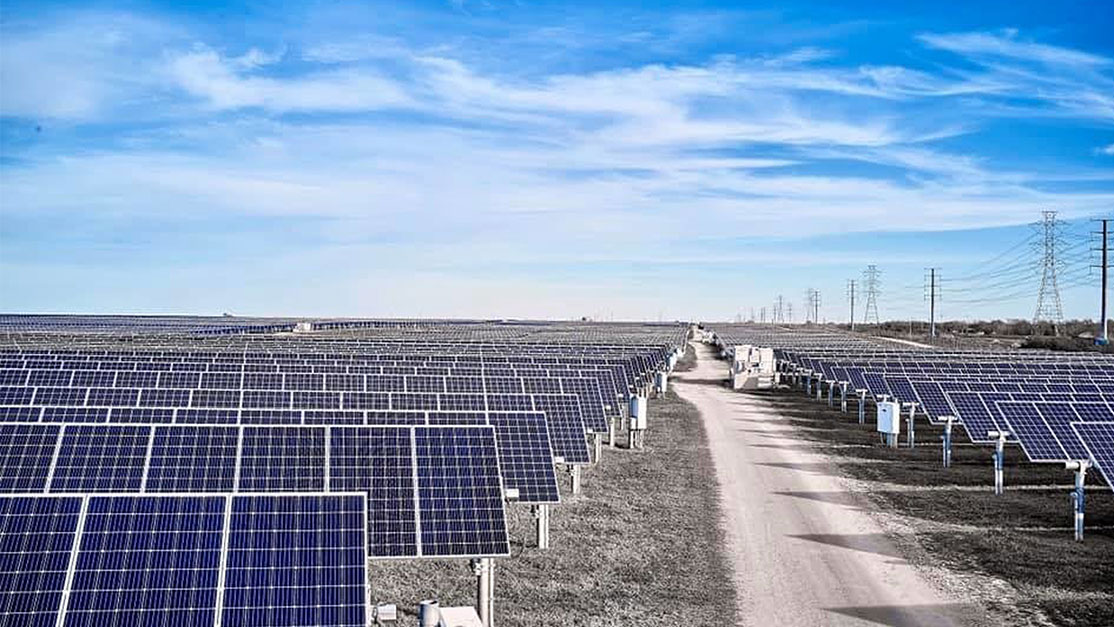
What Are Solar EV Batteries and How Do They Work?

As the world moves towards cleaner, greener energy solutions, solar-powered electric vehicles (EVs) are becoming an exciting and viable option for sustainable transportation. At the heart of this technology lies the solar EV battery — a crucial component that stores and supplies the energy required to power the vehicle. But what exactly are solar EV batteries, and how do they work? Let’s break it down.
Understanding Solar EV Batteries
A solar EV battery is essentially a rechargeable energy storage unit that powers an electric vehicle using electricity generated from solar panels. These panels, typically installed on rooftops or special solar stations, absorb sunlight and convert it into electricity, which is then stored in the battery for later use.
Among the various battery technologies available, lithium-ion batteries are the most widely used in solar EVs today. Known for their high energy density, long life span, and efficient performance, lithium-ion batteries are the preferred choice for both manufacturers and consumers.
How Do Solar EV Batteries Work?
Here’s a simple explanation of how a solar EV battery operates:
- Solar Energy Collection: Solar panels made of photovoltaic (PV) cells absorb sunlight and convert it into direct current (DC) electricity.
- Power Conversion: This DC electricity is then passed through a charge controller and often converted into alternating current (AC) using an inverter, depending on the vehicle’s requirements.
- Battery Storage: The energy is stored in the lithium-ion solar battery for use when the vehicle is in motion or when solar energy is not available, such as during the night or on cloudy days.
- Vehicle Propulsion: When the EV is turned on, the stored electricity powers the motor, enabling the vehicle to move efficiently without fossil fuels.
Why Lithium-Ion Batteries?
Lithium-ion batteries offer several advantages that make them ideal for solar EV applications:
- High Energy Density: They store more power in a compact size, perfect for the space constraints of vehicles.
- Fast Charging: Compared to other battery types, they charge faster, increasing convenience.
- Low Self-Discharge: These batteries retain charge longer, making them more efficient.
- Long Life Cycle: Lithium-ion batteries can last for thousands of charge-discharge cycles with proper maintenance.
For these reasons, many Lithium Ion Solar Battery suppliers focus on developing advanced battery technologies that improve performance, efficiency, and sustainability.
Role of Lithium Ion Solar Battery Suppliers
The growing demand for solar EVs has spurred innovation among Lithium Ion Solar Battery suppliers, who are continuously working on enhancing battery capacity, reducing charging times, and improving safety features.
Reliable suppliers not only offer high-quality batteries but also provide after-sales support, customized solutions, and integration services for different vehicle types. Choosing the right supplier is crucial to ensuring the longevity and reliability of your solar EV system.
Future of Solar EV Batteries
The future of transportation is undoubtedly electric and solar-powered. With ongoing research and development, we can expect:
- Even more compact and efficient battery designs
- Faster charging times with minimal degradation
- Enhanced energy management systems
- Integration with smart grids and renewable energy sources
By partnering with trusted Lithium Ion Solar Battery suppliers, vehicle manufacturers and consumers can stay ahead in the green energy revolution.
Conclusion
Solar EV batteries represent a transformative technology that merges solar power and electric mobility. With lithium-ion batteries leading the charge, the road ahead is bright and sustainable. If you're looking to power your EV with solar energy, make sure to source your components from reputable Lithium Ion Solar Battery suppliers to ensure optimal performance and durability.


